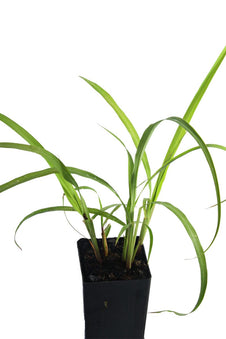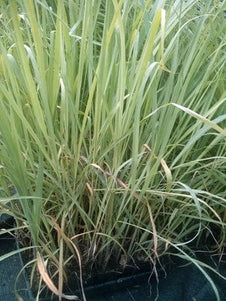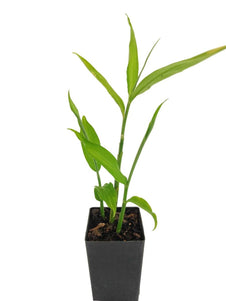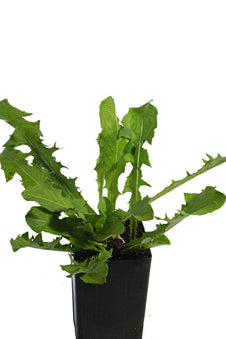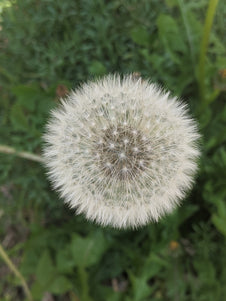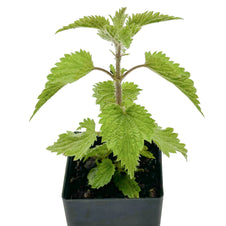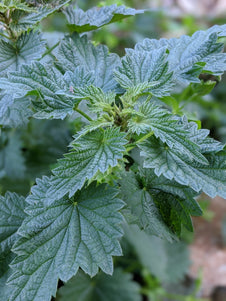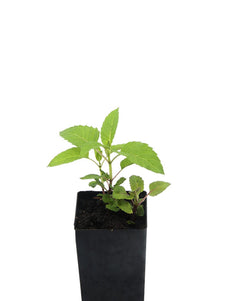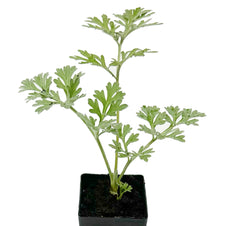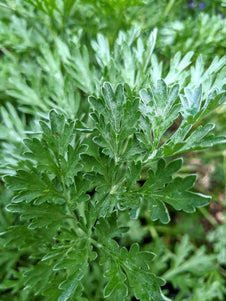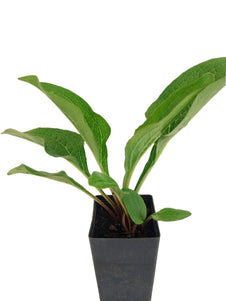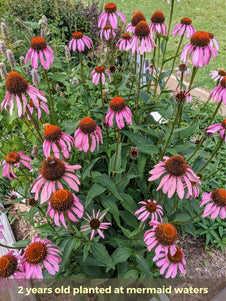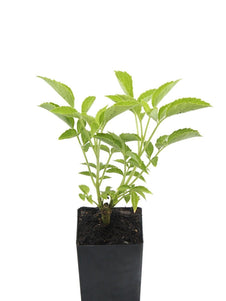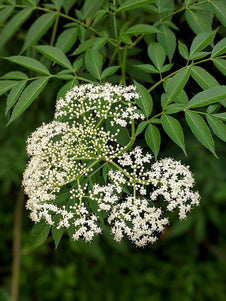Taking care of your new Herb Plants
Planting your new herb plants is the easy part right? Well there's few things you need to keep in mind as you progress with your own herb journey. Once you've watched the video above, make sure you read through the tips below to ensure your plants are happy and grow to their full potential.

Sun
Generally, herbs need full sun, but some will survive on as little as 2 hours of good sun a day.
- Mediterranean herbs like lavendar, rosemary and thyme require more sun.
- Softer, green herbs like parsley, lemon balm and mint will take less sun.
- The flavour and scent of herbs is stronger when they have adequate sun.
- Herbs can get leggy and weak if they do not get enough sun.

Soil
Well-drained soil is preferred for most herbs. Continually wet roots can encourage disease and cause the roots to rot.
- The health of the soil is really important for the health of the herbs.
- Most herbs need good drainage and grow best in light crumbly soil.
- Clay soils need to have compost added to them to help open them up and allow water to run through them and drain away.
- Sandy soils also need compost added to help hold some moisture and add nutrients.

Mulch
- Mulch insulates the ground.
- Reduces evaporation, therefore reducing the amount of water needed.
- Inhibits the growth of weeds.
- Types of mulch suitable for herbs are cane mulch, lucerne and pea straw.

Fertilising
- In the garden, fertiliser can come from the compost or you can add a pellet fertiliser or use liquid fertiliser.
- We use organic xtra. Another good one is Searles 5 in 1. Both are certified organic products.
- Although seaweed products like seasol and eco seaweed are useful for your herbs' health (by protecting them from extreme weather conditions and other stressful conditions), they are not complete fertilisers.

Watering
- Herbs in the ground need to be watered less often than herbs in pots. Herbs in pots will dry out more quickly. Depending on the size of the pot, how much sun they receive, and whether they are exposed to wind, will determine how often you need to water.
- The best way to determine how much to water your herbs is to stick your finger into the soil to at least 5cm depth. If it feels dry, water well. If it feels moist hold off on watering. Check daily for the first few weeks.
- It is better to water the soil around plants more deeply less often, this encourages the roots of plants to grow down into the soil. If you are watering small amounts more frequently you will encourage surface roots that dry out more quickly.

Pruning/Harvesting
- Pruning is done when picking for use.
- Frequent picking produces strong bushy plants.
- When picking herbs such as basil, rosemary and mint, never rip leaves from the plant, instead cut the herb back to above a leaf node with signs of life and the plant will then bush out from this area.
- Herbs like rocket, parsley and sorrel can be picked from the base of the plant taking the older outside leaves.
- Chives can be snipped at the base of the plant.
- Never pick all the leaves off the plant. Leave some to sustain future growth.


